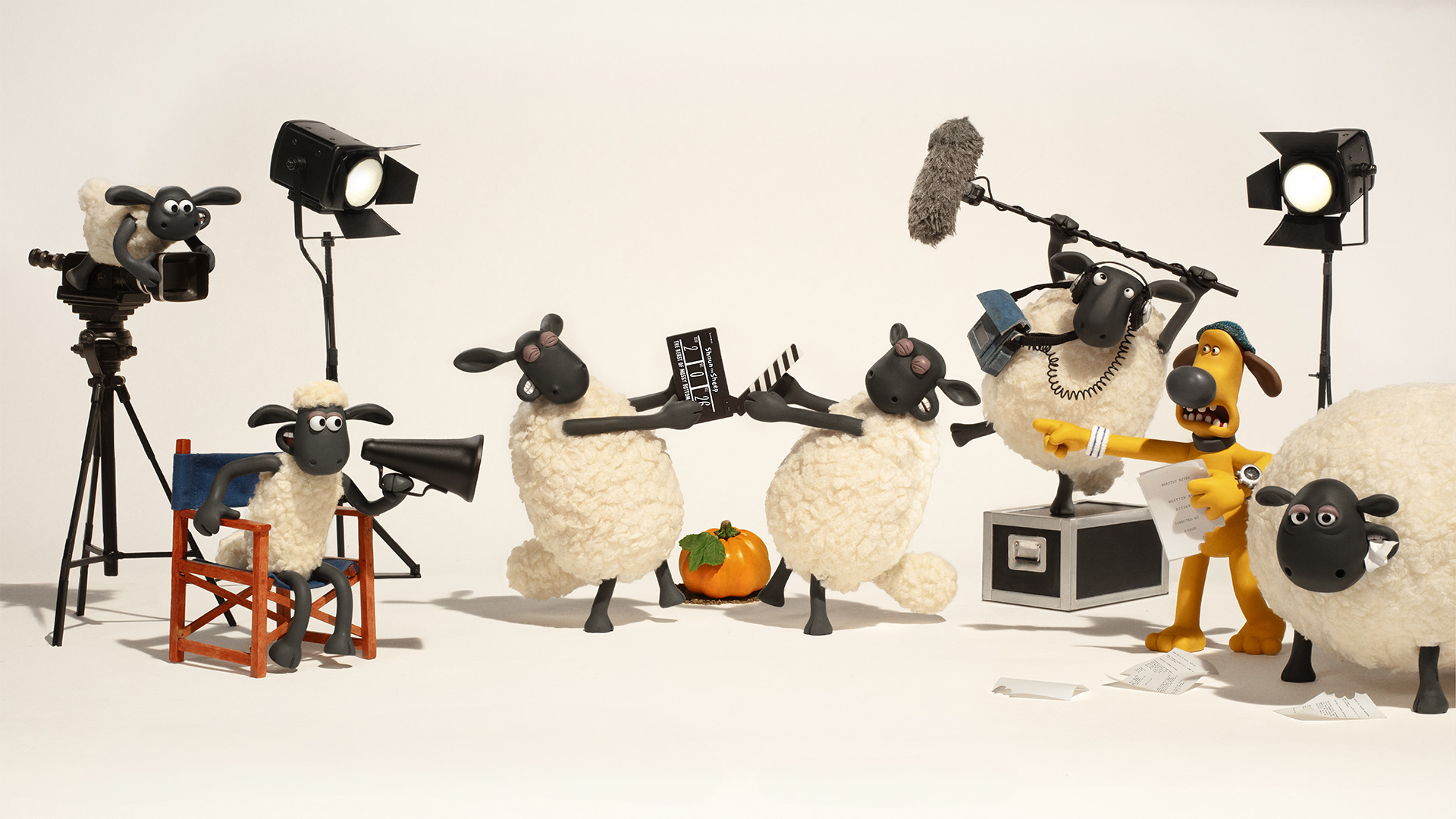Murnaghan 10.03.13 Interview with Baroness Warsi, Minister for Faith and Communities
ANY QUOTES USED MUST BE ATTRIBUTED TO MURNAGHAN, SKY NEWS
DERMOT MURNAGHAN: Well David Cameron is under increasing pressure it seems this weekend. A poll commissioned by one his own Lords predicts a crushing defeat for the Conservatives if there were a general election now. So what can the Prime Minister do to turn the tide? Well I’ll speak to Baroness Warsi in a minute, the former Conservative Party Chairman and now Minister for Faith and Communities. Well let’s say a very good morning to Baroness Warsi and let’s kick off Baroness Warsi with this issue of the Prime Minister’s position. I don’t know if you have heard any of the discussions within your party about his position. Of course he let you go, he sacked you from the Chairmanship, do you still support him?
BARONESS WARSI: Of course I support him. Look, Dermot, this is the politics of politics, it happens in all political parties and certainly in mid-term it is one of the characteristics of Westminster gossip and tittle-tattle.
DM: But you don’t deny it’s going on?
BW: Look, I think question marks about who should lead a party at any one time happens in all political parties at all times. Believe it or not, these political parties are broad churches but what is very clear from the Conservative party is that there is a huge amount of support behind the Prime Minister, he is doing a very difficult job in very difficult circumstances and he commands the support of large parts of his party.
DM: Yes, but there seems to be rather a head of steam building up right now, talks for instance about Theresa May as the next leader. Has she got the qualities you would see to be the next leader of your party?
BW: I think Theresa has been doing a fantastic job, there are many, many politicians who have taken on the job of Home Secretary which is sometimes seen as a poison chalice, and have tripped and she has been a steady stable safe pair of hands in that job, making some fantastic decisions but I think Theresa like me would agree that we have full confidence in the Prime Minister and fully supports him continuing to lead the party.
DM: Okay, but just on Theresa May and that speech she made yesterday, the ECHR, the Convention on Human Rights, is that something that you think the Conservatives really need to think very hard about and get us out of?
BW: Look, there have been discussions about how we define the values that make the British nation, whether that should be through our obligations under the Convention on Human Rights or whether that should be in the form of a British Bill of Rights, is a debate that started before the last election. Indeed we have had a panel of experts during the coalition government looking at this very precise issue and I’m sure it will be something that will form the basis of manifestos at the next election.
DM: But there are people within your party, one of the Home Secretary, saying look, we’ve got to get out of it.
BW: And of course there is a difference of opinion about what is the best way forward, it’s why we’ve had this panel of experts looking at this very specific issue. I think there have been decisions that have been made because of what’s been interpreted under the Human Rights Act as our obligations under the Convention of Human Rights and I like many have criticised the way in which our Convention obligations have been interpreted. I think sometimes we do have an approach within Britain which is very much gold plated and I think we have to look at a way in which we can make those decisions in a way which are consistent with our British values, whether that is as part of our Convention obligations or a separate British Bill of Rights, I’m sure will form a large topic of conversation before the next election.
DM: The symbol for all the wrongs of the ECHR seems to be Abu Qatada at the moment and the amount of time he has been able to stay in this country as he fights extradition. Do you feel that that debate has been skewed and do you think that when discussing Abu Qatada in elements of the media coverage that it’s straying into – I know a subject close to your heard – it’s straying into Islamophobia?
BW: Look, I think what we mustn’t do in this country is to make our decision as to whether or not we are bound by international obligations on the back of individual cases and the Abu Qatada case has tormented Home Secretaries for many, many years, successive Home Secretaries, and I like many others in this country want him out and want him away from these shores but I think when you talk about the issue of Islamophobia, it is actually people like Abu Qatada’s presence in this country and his ability to be able to preach the rhetoric that he preaches in this country, that I think has led to misunderstanding about the faith of Islam and therefore I know British Muslims as well as other Brits in this country want him off our shores.
DM: You talked didn’t you before about the dinner table test when it comes to Islamophobia, that it now seems respectable almost for people to be able to talk about Muslims and the religion of Islam in a way that they wouldn’t talk about other races or religions.
BW: There has been some recent research, Dermot, some YouGov polling which shows that clearly there is a feeling of anti-Muslim sentiment which has been rising within Europe and of course within the United Kingdom. Recent polls showed that only 23% of Britons felt that Islam and the UK were compatible and that there wouldn’t be a clash of civilisations. I wouldn’t agree with that view and I think that as policy makers and as people in the media, as opinion formers, we have a responsibility to send out a very clear message that the scourge of anti-religious hatred whichever religion that happens to be is unacceptable and that everybody in this country of whatever religious background needs to feel that they too are protected like every other citizen.
DM: I wanted to ask you about, as Minister of State for Faith and Communities, you have said in the past that people who do God, do good. Does that apply then to the Bishops criticism, the Church of England Bishops criticism of current government policy over welfare?
BW: I’m a strong supporter of the views of religious communities as a voice that informs public debate and I think I do take on seriously the concerns that the church has raised and indeed the government takes on seriously the concerns that the church raises but we are in very difficult circumstances and we have to take some tough decisions and where people’s incomes are frozen and not going up in line with inflation, it is right that we also look at possibilities of freezing benefits and for them not to rise in line with inflation too. These are difficult decisions and at all times I know when we sit around that Cabinet table, the cost of living for ordinary families is first and foremost in our minds and it is important that the church too plays their role in being an informer of that debate.
DM: But are they right or are they wrong? You seem to be saying they are right to be able to say it but they’re wrong specifically about this when it comes to the so-called mummy tax, one of the offshoots of this cap on benefits, when a mother could effectively lose – what is the calculation - £180 a year by 2015. Is that a good thing then, that’s necessary for the country is it?
BW: Well I think Labour have played a very cynical role today on Mother’s Day to be talking about this particular tax in the form that they have. I know as a mother and if you speak to mothers up and down this country, the one thing that they want is for a government to make sure that they make decisions which leave their children a more stable and a more prosperous country. I do not want to be part of a government and part of a generation which lives to excess and leaves my children and the children of this nation to pick up the burden of our excesses. I think that’s what mothers are really concerned about in this country.
DM: Okay, you are also a Foreign Office Minister and have just been to Afghanistan, do you feel having seen Afghanistan, are they really ready to take on the role of looking after themselves when it comes to security or as many commentators say, look, it’s going to be like a bucket of water when we leave, you remove your hand and it goes back to what it was.
BW: Well look, I don't think it could ever go back to how it was in 2001 under the Taliban era. Just taking some very simple statistics, there were no girls in education in 2001, now 40% of children in primary school are female ….
DM: I think the wind has been playing havoc with our satellite dish there. I think the Baroness is back. Baroness Warsi, are we still in contact?
BW: I can still hear you, yes. It is extremely blustery in Yorkshire this morning.
DM: I know, and it is playing havoc with our satellite communications. Continue.
BW: I can still hear you if you want to continue.
DM: Just that point about Afghanistan.
BW: Yes, I mean look, of course the transition is going to be difficult, nobody denies that and I had an opportunity to visit Helmand in which I saw female police officers who said yes, it’s going to be difficult but we need to be brave and we need to take over the security for the protection of our communities as the troops leave at the end of 2014. It’s not going to be easy, it’s going to be difficult but it will not go back to the way that it was in 2001 and therefore our sacrifices from Britain and in Afghanistan have been worth it.
DM: Okay, Baroness Warsi, thank you very much indeed. I think we’re about to lose it again so we will end it there, thank you very much for putting up with that raw easterly breeze. Baroness Warsi there.




